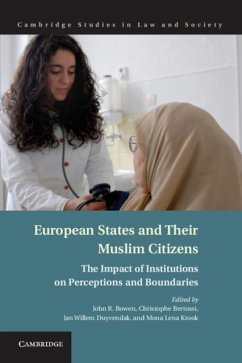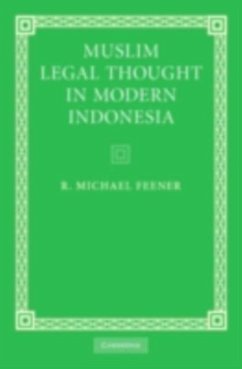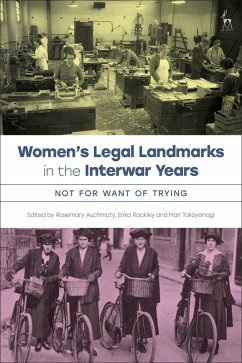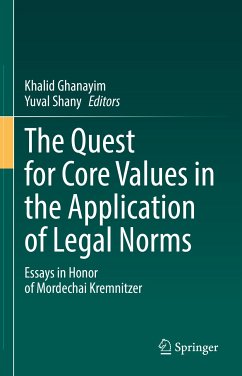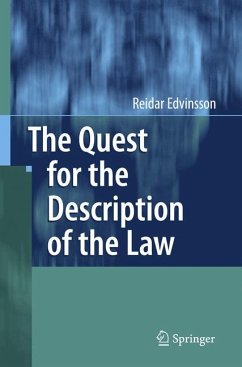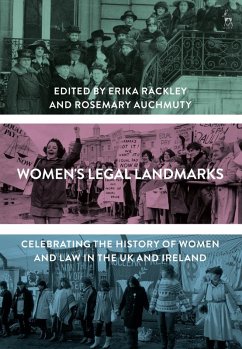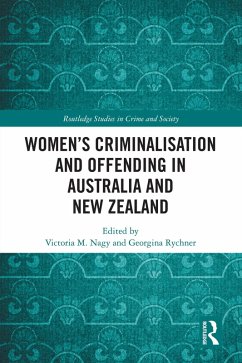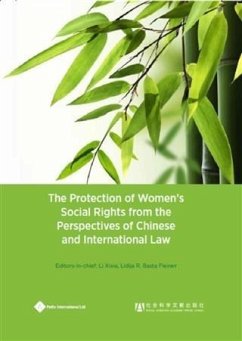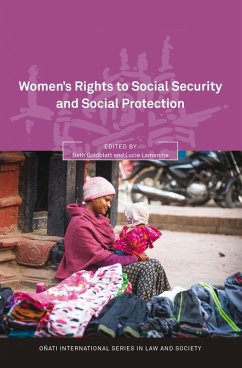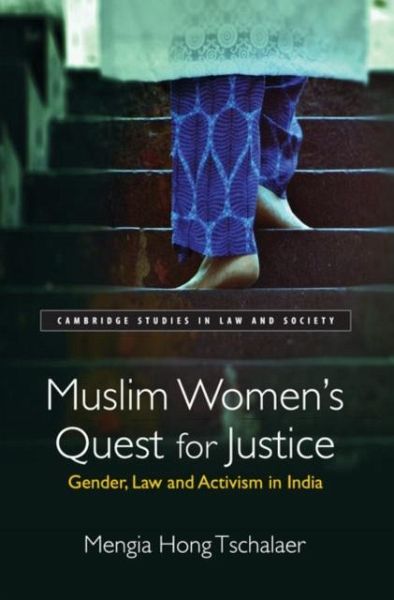
Muslim Women's Quest for Justice (eBook, PDF)
Gender, Law and Activism in India
Versandkostenfrei!
Sofort per Download lieferbar
90,95 €
inkl. MwSt.
Weitere Ausgaben:

PAYBACK Punkte
45 °P sammeln!
This book is an urban ethnographic study of several Muslim women's organisations in northern India. These organisations work to carve out spaces that allow for the articulation of alternative experiences and conceptions of religion and justice that challenge Islamic orthodoxy as well as the monopoly of the Indian state in the domain of family law. While most analyses on reform efforts within Muslim family law in India have focused on women's protection within the state legal system, this book offers the rare opportunity to understand how organised groups of Muslim women's rights activists cont...
This book is an urban ethnographic study of several Muslim women's organisations in northern India. These organisations work to carve out spaces that allow for the articulation of alternative experiences and conceptions of religion and justice that challenge Islamic orthodoxy as well as the monopoly of the Indian state in the domain of family law. While most analyses on reform efforts within Muslim family law in India have focused on women's protection within the state legal system, this book offers the rare opportunity to understand how organised groups of Muslim women's rights activists contest marginalising forces present in the family and criminal courts, Shariat courts, local mosques, workplace, legislature and legal documents. It pushes against troubling assumptions that Islam is incompatible with ideas of women's rights and that the State is the only dispenser of justice, and offers new directions for studies on the dispersed nature of women's identities in Islamic family law.
Dieser Download kann aus rechtlichen Gründen nur mit Rechnungsadresse in A, B, BG, CY, CZ, D, DK, EW, E, FIN, F, GR, HR, H, IRL, I, LT, L, LR, M, NL, PL, P, R, S, SLO, SK ausgeliefert werden.





